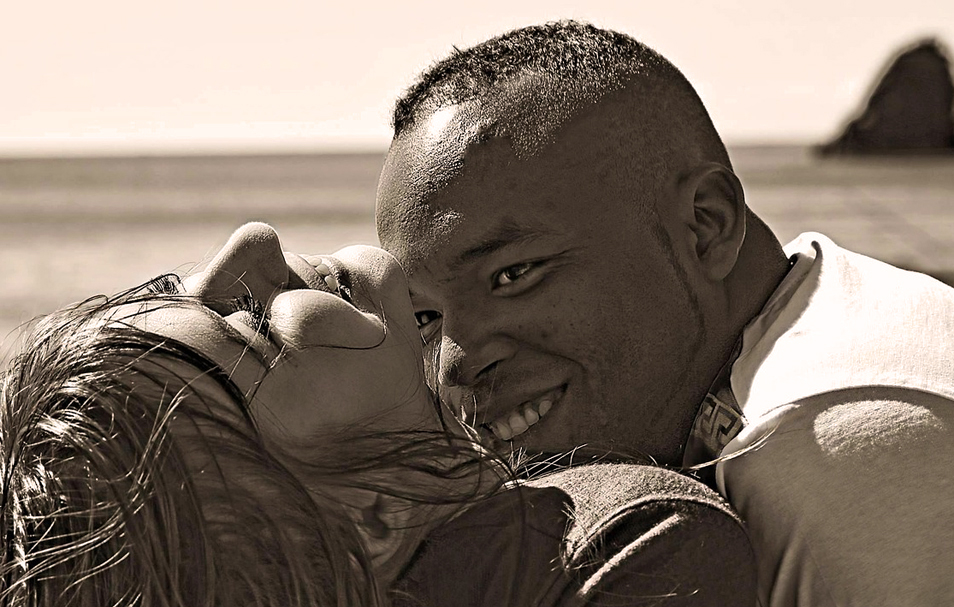If you’ve ever been in a romantic relationship, then you’ve probably experienced times when communication seems to break down and seeing eye-to-eye feels nearly impossible. Often these relationships can leave both members of the couple confused, scratching their heads and wondering, “She seemed so great when I met her, what happened?!” Or have you ever thought, “No, really, he’s great. Except, why does it feel like I’m dating my father?!” These questions are complex and unique to every couple.
Here’s the big reveal: The reason you were initially attracted to your partner often becomes the reason it doesn’t work out. Wait, what? I know, I know, this doesn’t seem to make sense.
Let me elaborate.
In psychoanalytic language, this phenomenon in couples is termed “Object Choice.” Object choice is basically a fancy way of describing why we choose whom we choose. The theory says that individuals think and act in ways that are both conscious and unconscious to them. These ways of relating to the world are thought to develop through a series of experiences, both positive and negative, between children and their caregivers. In the case of couples, each member comes into a relationship with both conscious and unconscious (things out of awareness) ways that they relate to the ‘object’ they seek.
Research suggests that “…marital choice, apparently based on conscious factors, was also determined by a congruence between unconscious object relations” (Scharff & Scharff, 1991, p. 46). In other words, we choose partners with whom we can work unresolved issues out in our parental relationships; in doing so, we hope that the other will change and therefore we won’t have to.
Ugh. This sounds complicated. Basically because, it is! However – working with a good couples therapist can facilitate the process of understanding these conscious and unconscious dynamics occurring between members of a couple. This is especially helpful in uncovering the unconscious reasons you have chosen your partner, and can help in developing understanding for one another and improve communication.
Curious about how you and your partner might be relating? WILA offers sliding-scale couples therapy in West Los Angeles. Learn more at www.wila.org
For further research, see: Scharff, D., & Scharff, J. S. (1991). Object relations couples therapy. New Jersey: Jason Aronson, Inc.



Whoever edits and pulbsihes these articles really knows what they’re doing.